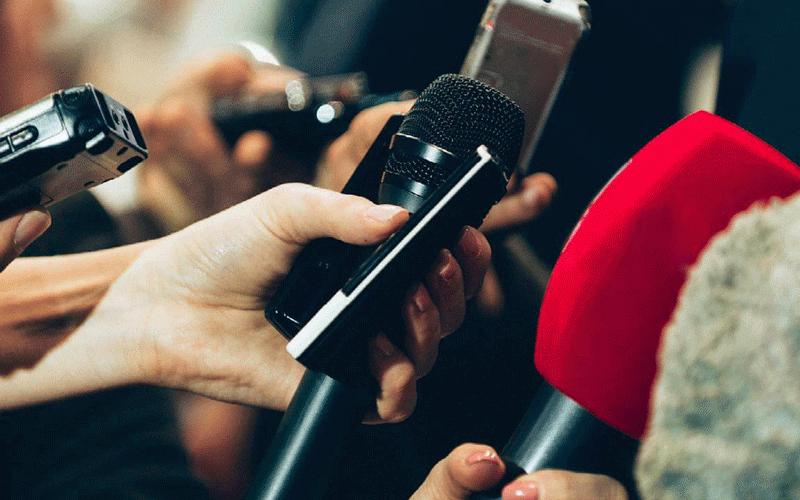
Zimbabwean journalists are subjecting themselves to self-censorship to avoid prosecution under the country’s harsh media laws, findings of the 2023 global press freedom index by the Reporters Without Borders (RSF) show.
Local journalists joined the rest of the world to commemorate World Press Freedom Day yesterday.
This year’s celebrations were held under the theme Shaping a Future of Rights: Freedom of expression as a driver for all other human rights.
RSF’s findings show that Zimbabwe’s Press freedom improved, and was ranked 126 out of 180 countries, eleven places up from 137 positions as of 2022.
“Extremely harsh laws are still in effect and, when new laws have been adopted, their provisions are just as draconian as those they replaced,” the RSF report on Zimbabwe said.
The report cited the Official Secrets Act and Cyber Security and Data Protection Act as examples.
“Although levels of violence against journalists have declined significantly under the (President Emmerson) Mnangagwa administration, they remain alarmingly high and self-censorship is routinely practiced to avoid reprisals. The police often use disproportionate force and confiscate equipment,” RSF said.
Amnesty International and Media Institute of Southern Africa (Misa) said media freedom was regressing in most African countries such as Zimbabwe, Tanzania, South Sudan, Somalia, and Rwanda, among others.
- Bridge information gap: Misa
- Obituary: Abigail Gamanya was more than a media icon
- Act on violence, discrimination against journalists
- NewsDay barred from Zanu PF congress
Keep Reading
“Journalists hold up a mirror to society. Targeting them simply for doing their work sends the wrong message that States are not prepared to uphold their human rights obligations and to be held accountable,” Misa regional director Tabani Moyo said.
International Media Support (IMS) executive director, Jesper Højberg, said the world has seen increased government control and censorship in the past decade.
“This unfortunate development has broad implications as freedom of expression, access to information and a free press are necessary prerequisites for other rights and for achieving the Sustainable Development Goals by 2030,” Højberg said.
“This year’s theme is a much-needed reminder of how a free press enables people to make informed decisions, to organise and demand change. Press freedom empowers us all.”
The Zimbabwe Human Rights NGO Forum, however, commended government for its effort to license more media players but bemoaned lack of diversity in the media.










